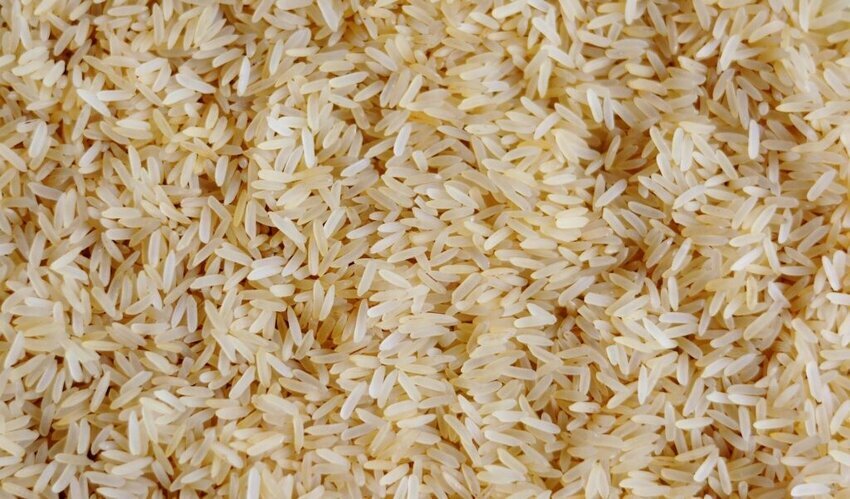 (Credit: Pixabay)
(Credit: Pixabay)Kellogg is beginning a $2 million program to help Kellogg rice farmers reduce the impact of their greenhouse gas emissions.
The five-year program called Kellogg’s Ingrained will work with farmers in the Lower Mississippi River Basin starting with a pilot project in Louisiana. The program will reward rice farmers with $20 per ton of greenhouse gas emissions (GHG) reductions.
The program will also provide training opportunities in irrigation management, nutrient management and soil health to help farmers transition to new production methods.
Kellogg, which uses rice to in products like Rice Krispies and Special K cereals, estimates the program will reduce up to 51,000 tons of GHG emissions from its North American rice ingredient supply chain. The company also says the effort has the potential to conserve water and reduce operating costs for Kellogg rice farmers.
Reducing emissions from rice production is especially important, Kellogg says, because more than half the world relies on rice as a primary source of nutrition, but the crop is responsible for an estimated 12% of the world’s methane emissions.
Programs that compensate farmers for sustainable agriculture are common. Last year programs from Rabo Carbon Bank and Cargill offered payments for improvements in areas like carbon sequestration and soil health.
Regenerative and sustainable agriculture is taking place across different crops, such as cotton and tea. Companies like Walmart, which is investing in a vertical farming operation, are also looking at different ways to make food production more sustainable.
The emissions reductions through the Kellogg program will be verified through agricultural GHG measurement company Regrow and its measurement, reporting and verification platform. The project is also a part of a partnership with rice producers, Kellogg supplier Kennedy Rice Mill and agribusiness firm Syngenta.
Kellogg, which last year priced a $363 million sustainability bond, says the program is part of its efforts to advance regenerative agriculture and to reduce Scope 3 emissions across its value chain by 15% by 2030. The company’s Kellogg’s Origin’s program also works with farmers in 29 countries to encourage sustainable agricultural practices.